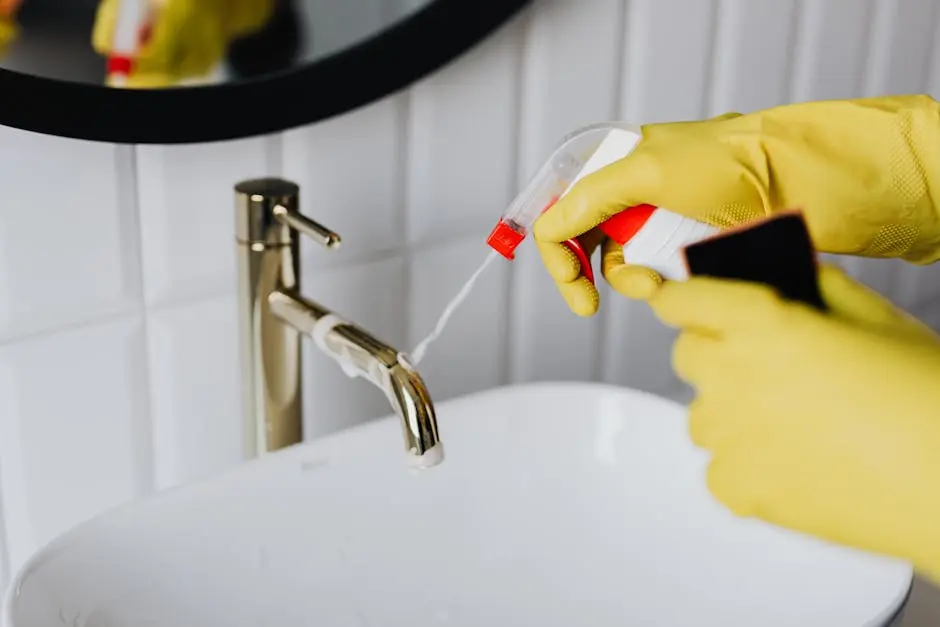As the winter chill sets in, the importance of a well-maintained heating system can’t be overstated. Keeping your heating system in top shape not only ensures your home stays warm and cozy but also maximizes energy efficiency, saving you money on utility bills. In this guide, we’ll walk through simple, yet effective steps to maintain your heating system. Whether you’re a seasoned homeowner or new to the world of home maintenance, you’ll find valuable insights to keep your heating running smoothly.
Understanding Your Heating System: The Basics
Before diving into maintenance tips, it’s crucial to have a baseline understanding of your heating system’s components and how they work together to heat your home. Most systems consist of a furnace or boiler, ductwork or radiators, and in some cases, a thermostat that controls the temperature. Knowing the type of system you have will help tailor your maintenance approach, ensuring you’re not missing crucial steps specific to your system’s needs.
A common misconception is that all heating systems require the same maintenance. However, the reality is far from this. For instance, a gas furnace has different upkeep requirements than an electric heater or a boiler system. Learning the specifics of your system, from the type of filters it uses to the energy source it operates on, is the first step towards effective maintenance.
Regularly Replace or Clean Air Filters
One of the simplest, yet most impactful, steps you can take to maintain your heating system’s efficiency is to regularly replace or clean its air filters. Dirty or clogged filters restrict airflow, forcing your system to work harder and use more energy to heat your home. For most systems, it’s recommended to change filters every 90 days, but if you have pets or live in an area with high dust levels, you might need to do it more frequently.
The benefits of keeping your air filters clean extend beyond energy efficiency; it can also significantly improve your indoor air quality. Considering we spend a lot of time indoors, especially in colder months, maintaining a healthy air environment is crucial. Plus, it reduces wear and tear on your system, potentially saving you from costly repairs down the line.
Scheduling Annual Inspections
An annual inspection by a certified technician is a key part of maintaining your heating system’s health and efficiency. These professionals can catch issues that you might miss, from minor leaks to wear and tear on mechanical parts. They can also clean components that are difficult to reach, ensuring your system operates smoothly throughout the season.
Think of these inspections as a health check-up for your heating system. Just as regular doctor’s visits can catch health issues before they become serious, annual inspections can prevent minor issues from turning into major, costly repairs. Additionally, technicians can offer tailored advice on maintaining your specific system, providing value well beyond the inspection.
Sealing Leaks and Insulating
Efficient heating goes beyond the system itself; it also involves making sure that the warm air it produces stays inside your home. Check windows, doors, and any areas where ducts pass through walls for leaks. Sealing these leaks with caulk or weather stripping is a cost-effective way to prevent heat loss. Similarly, insulating your attic, walls, and floors can keep warm air from escaping, reducing the burden on your heating system and saving energy.
The Role of Thermostats in Efficiency
Thermostats play a crucial role in the efficiency of your heating system. Upgrading to a programmable or smart thermostat can help you manage your home’s temperature more effectively, ensuring that you’re not heating an empty house. You can set these devices to lower the temperature when you’re asleep or away and warm up the house before you wake up or return home. This can significantly reduce your energy use and lower your bills.
Dealing with Common Heating System Issues
Familiarizing yourself with common heating system issues, such as uneven heating, strange noises, or a sudden spike in energy bills, can help you troubleshoot problems or know when it’s time to call a professional. Simple solutions like adjusting your thermostat settings or cleaning vents can sometimes resolve these issues. However, if problems persist, it’s crucial to seek out a certified technician to diagnose and fix the underlying cause.
When to Call a Professional
While many heating system maintenance tasks are simple enough for most homeowners, there are times when it’s best to call in a professional. Complex repairs, installations, and annual inspections should be done by certified technicians who have the necessary tools and knowledge. This ensures the work is done safely and correctly, protecting your home and extending the life of your heating system.
Wrapping Up: Keep Your Warmth Efficiently Managed
Maintaining your heating system is crucial for ensuring a warm, energy-efficient home throughout the colder months. By following the outlined steps, not only can you extend the life of your heating system, but also improve its efficiency and save on energy costs. Remember, some tasks are best left to professionals, so don’t hesitate to call in a certified technician for inspections or repairs that are beyond your skill level. Stay warm, and keep your heating system at its best with regular maintenance.










